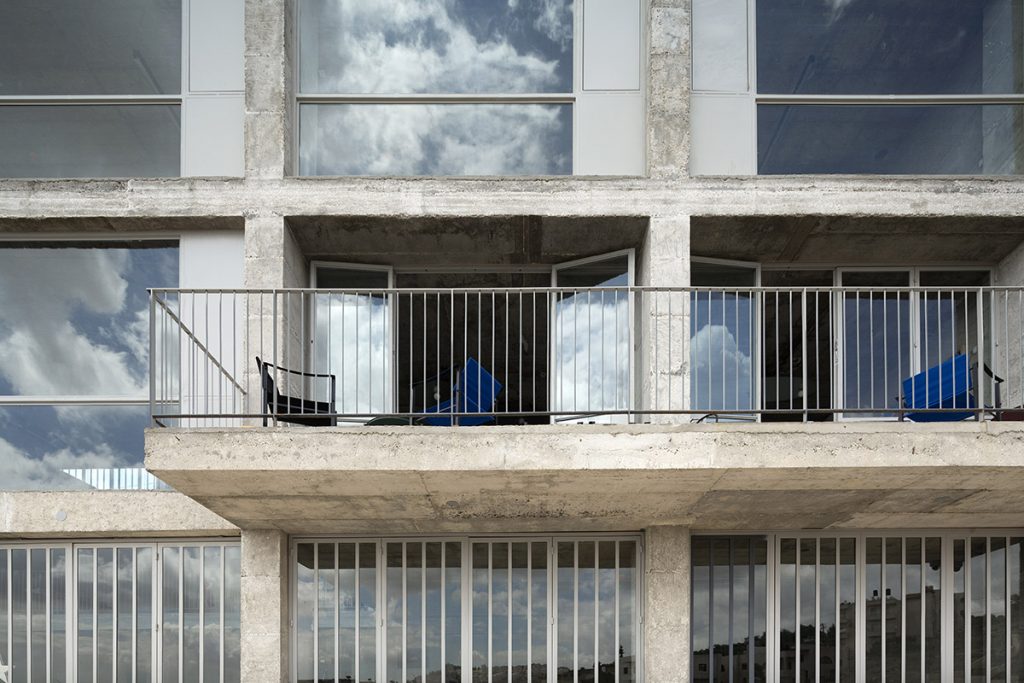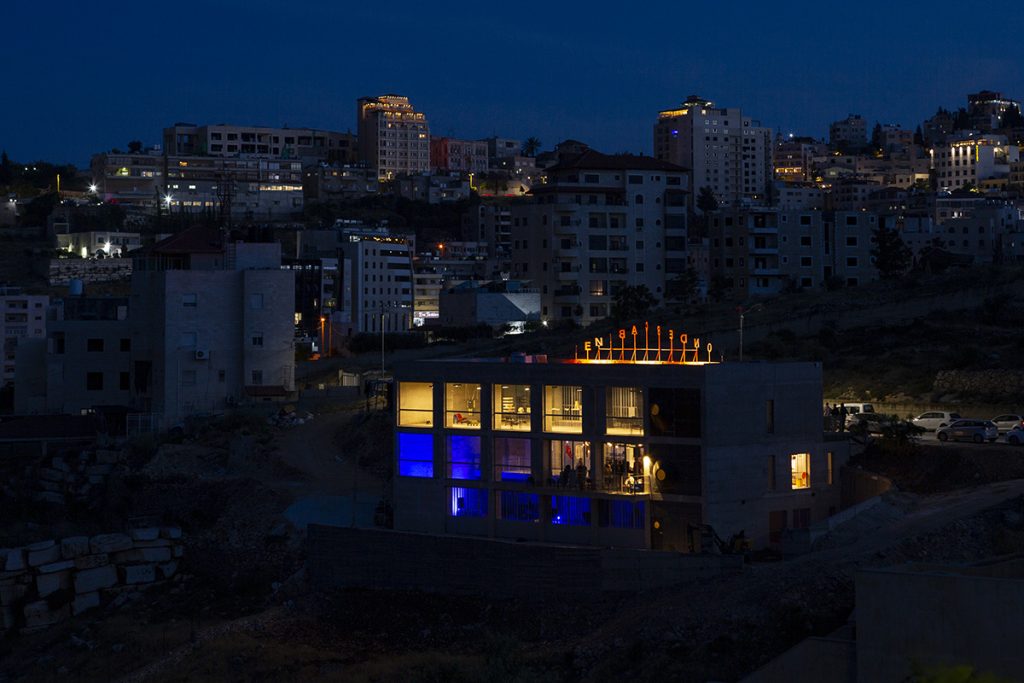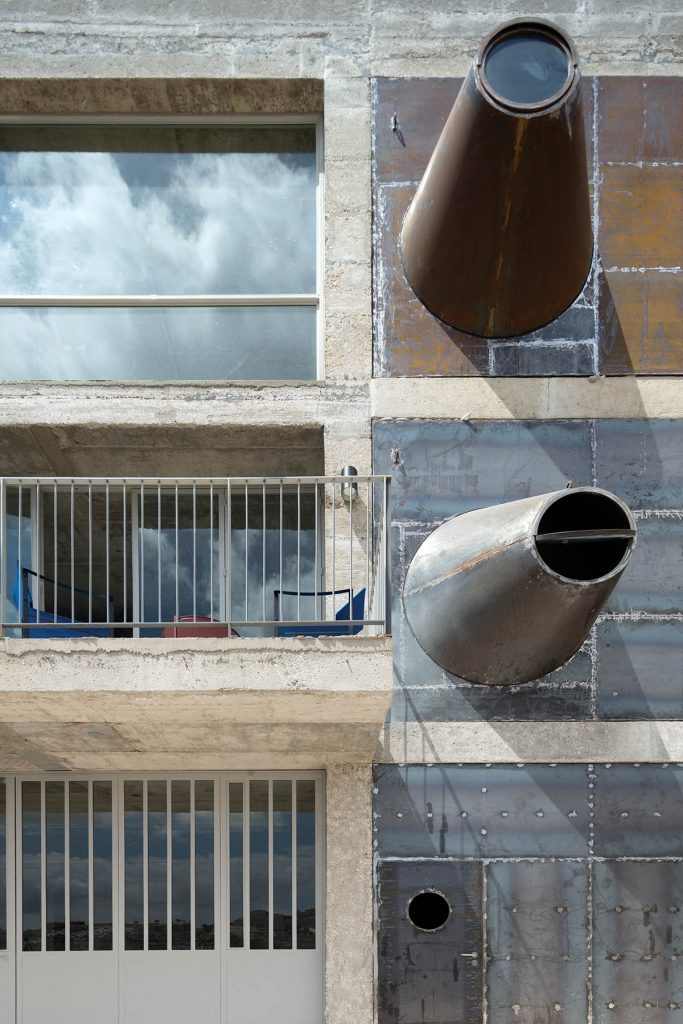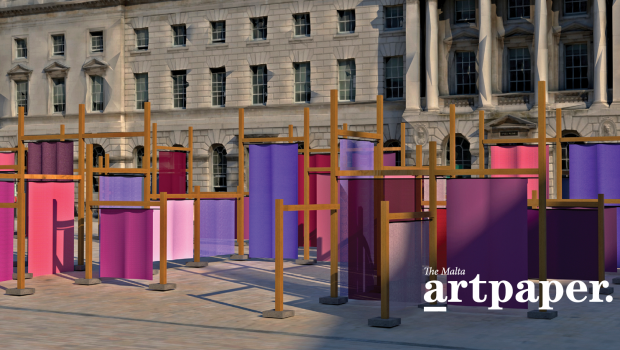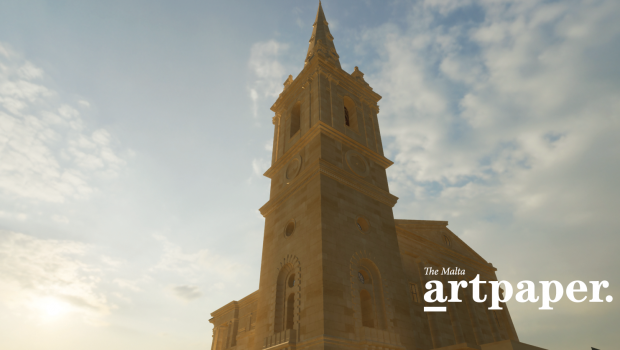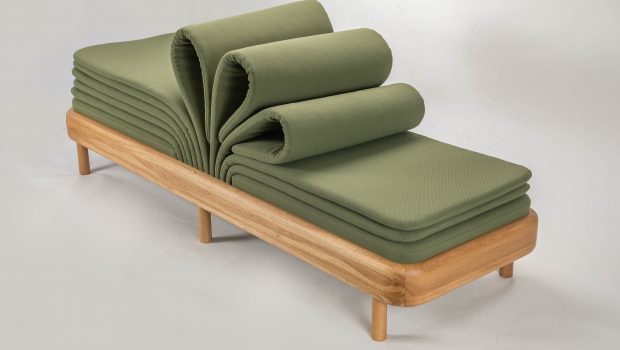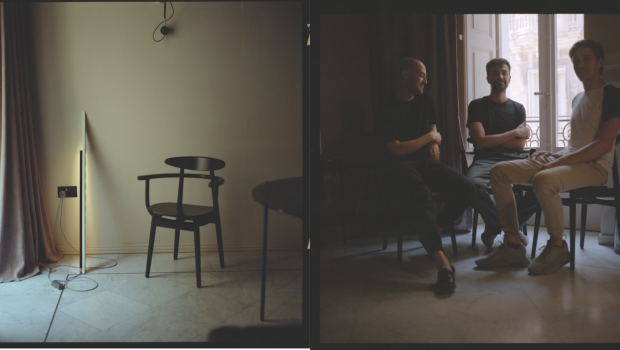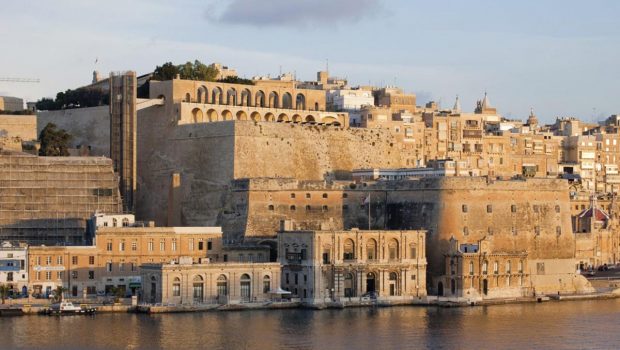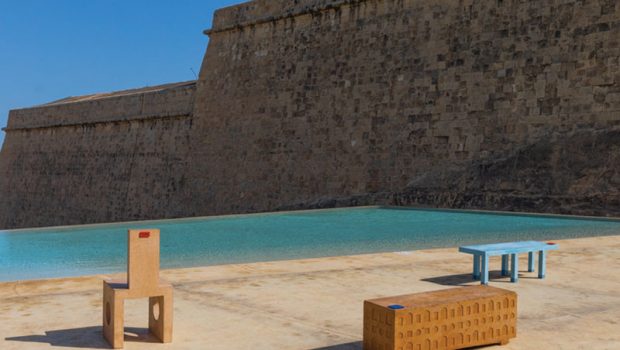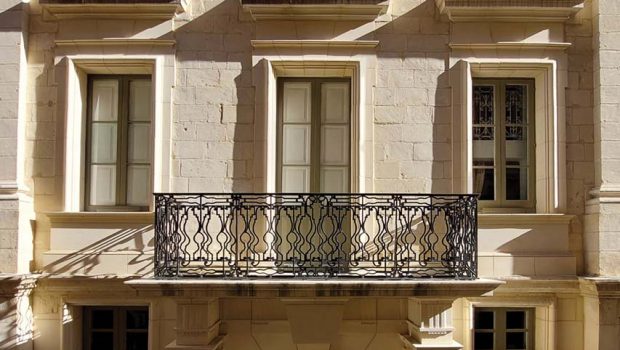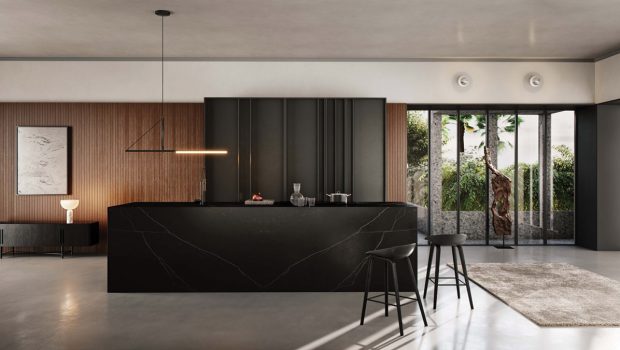Wonders of Bethlehem.
Erica Giusta visited Wonder Cabinet, a new cultural platform founded by Palestinian architects AAU Anastas, just a few days before the war broke out.
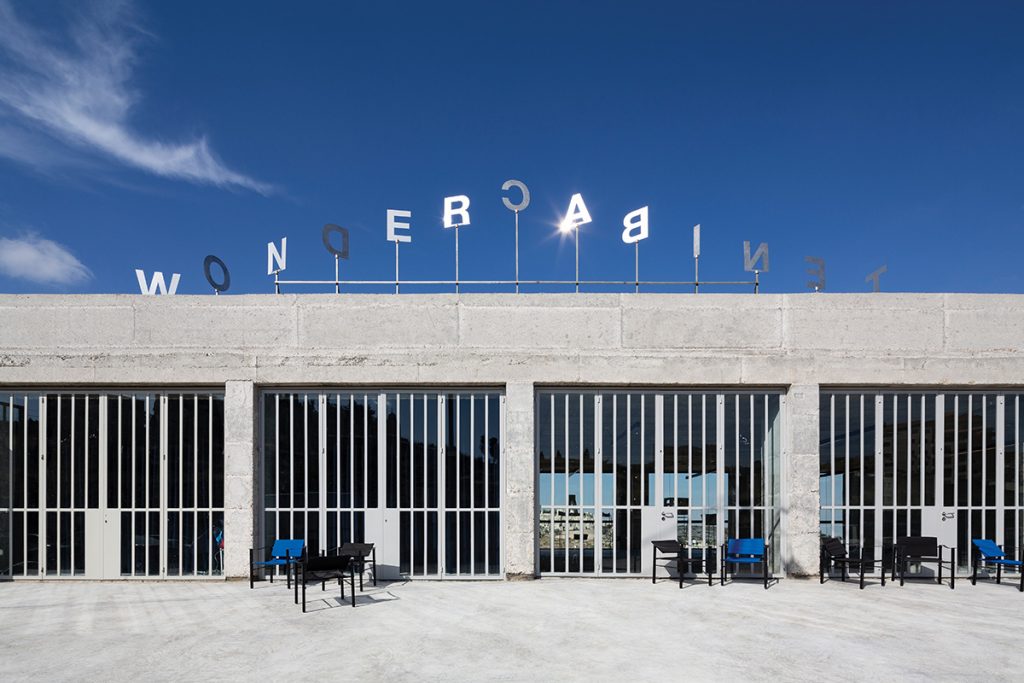

Earlier this year in May, architects and designers Elias and Yousef Anastas inaugurated what they described as “a space for art production, cultural development and neighborhood transformation”, perched on a plot of land overlooking a beautiful natural valley split in two by the Israeli West Bank barrier, just outside Bethlehem. I was lucky enough to visit the space a few days before the current Israeli-Palestinian conflict broke out, and to experience an atmosphere of openness and vivacity which now feels painfully remote. If on the one hand, writing about a cultural and architectural project at this time of devastation feels almost trivial, on the other hand, it is perhaps now more important than ever to shed light on the resilience of Palestinian identity, and on some of its most innovatory aspects. Wonder Cabinet is an extraordinary example of both: as a container and incubator of ‘stories’, and as a building whose spatial and formal qualities represent the spirit of a community striving for independence and collaboration.
Like a contemporary version of a traditional cabinet of curiosities, the raw concrete volume housing Wonder Cabinet amazes the visitor with its unusual appearance first, challenging the colonial British mandate-era policies which require all buildings to be faced in stone, and, once inside, with its diverse collection of stories. These are collected, amplified and sometimes initiated by the Anastas brothers, in an effort to explore Middle eastern cultural richness and its great potential for cross-fertilization with other cultures, whose tangible results take different forms: DJ sets, tasting menus, handcrafted objects, yoga classes, workshops, international architectural collaborations – just to mention a few examples.
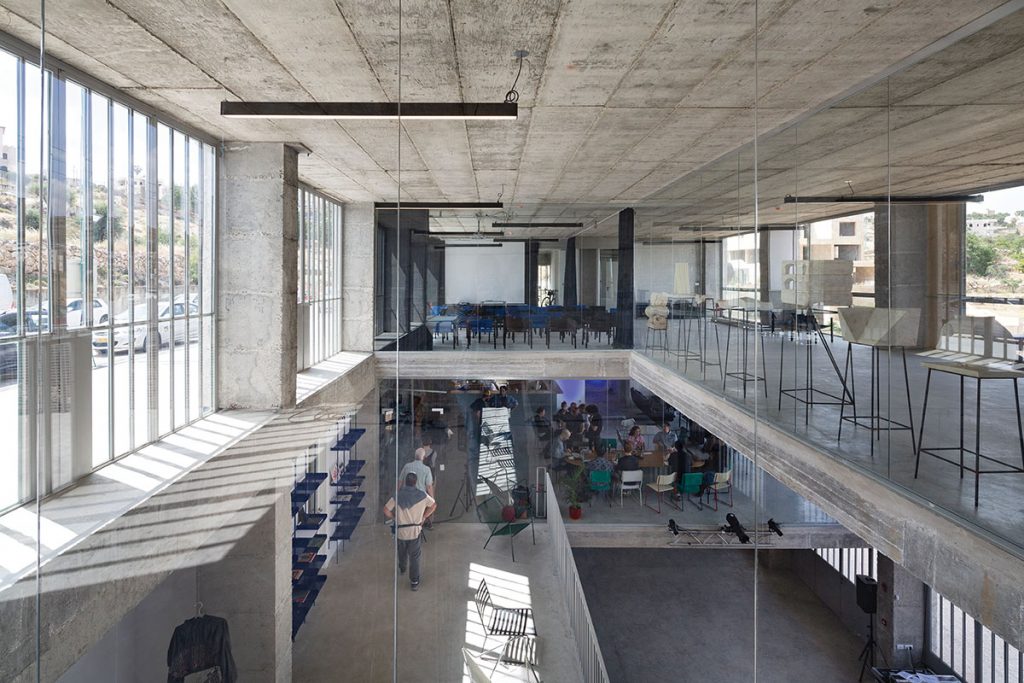
The structure is purposely flexible in order to accommodate a programme which brings together different creative sectors. The founders’ own architectural practice, a small concept store and a multipurpose events space sit on the top floor, while the station of Radio Alhara, founded by the Anastas brothers with a group of friends in March 2020, and a bar-restaurant with international chefs in residence enliven the first floor. The ground floor is the testing ground for the most experimental cultural productions, and it will soon house the manufacturing facilities of Local Industries, the product design offshoot of AAU Anastas inspired by the skills of local artisans working with a distinctive ‘non-nostalgic approach’. In the wake of the conflict, Radio Alhara teamed up with a group of artists and other local stations to promote a 12 hour mixtape titled ‘Learn Palestine’, made of songs, lectures, interviews and discussions involving a number of scholars and musicians, as a reaction to the current misinformation and misrepresentation of Palestine, and in line with the self-determining, cooperative and international spirit of the Anastas brothers. While very grounded into the local scene and genuinely community-driven, the non-profit cultural association Wonder Cabinet manages to reach an international audience and, most importantly, to dissolve stereotypical aspects of Arab tropes, therefore contributing to shaping the cultural evolution of Bethlehem and of the whole region.
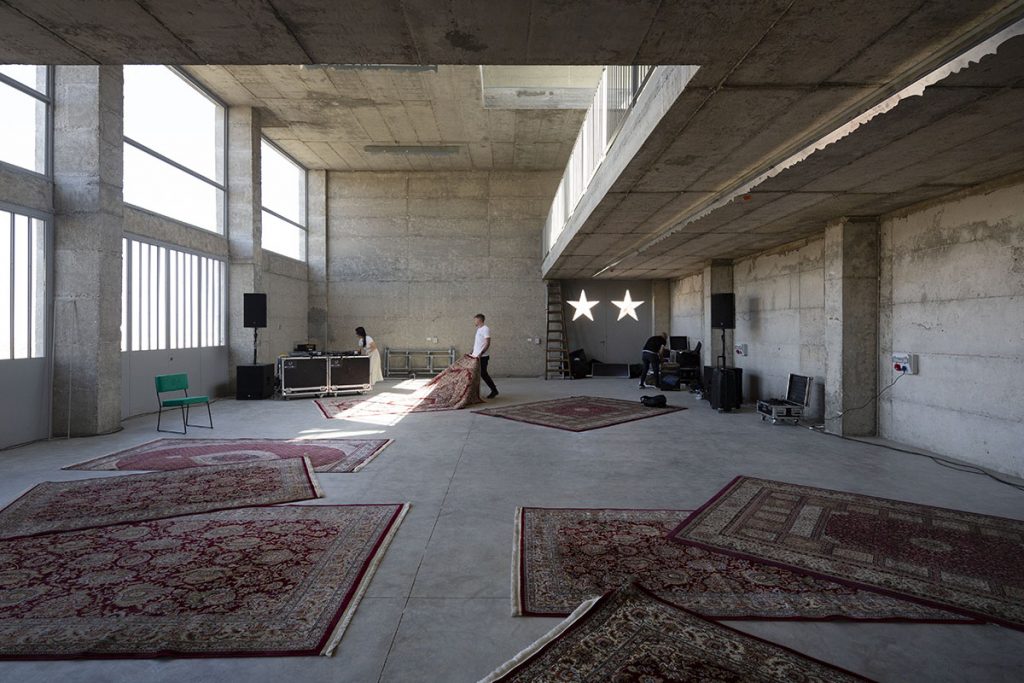
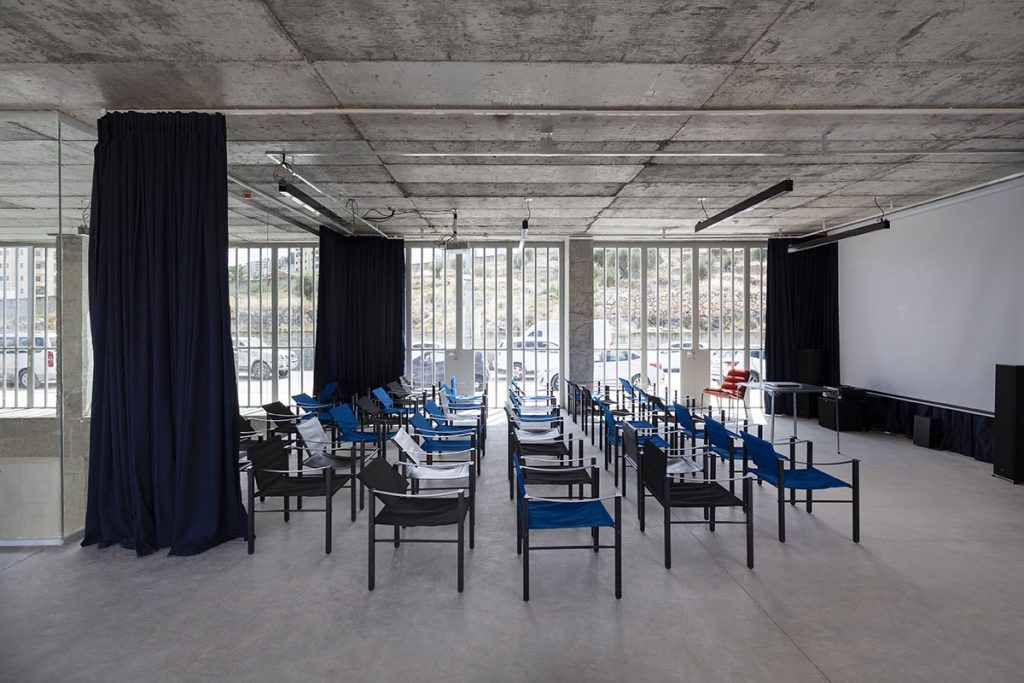
In a recent interview, Elias Anastas said that “Wonder Cabinet is also a reaction to Palestine. We invite people to come and produce out of Palestine instead of just constantly looking at Palestine.” At this time of conflict and uncertainty, his words echo as more than an invite to explore the Palestinian cultural landscape. They now sound like a timely reminder of the importance of listening to voices other than ‘the dominant voice, which has historically been a singular, exclusive voice, whose reach and power ignores huge swathes of humanity — financially, creatively, conceptually’ as Ghanain-British curator Lesley Lokko stated at the opening of the ongoing Venice Architecture Biennale.
Wonder Cabinet is home to a fascinating, powerful, and polyphonic voice, listen to it.
https://wondercabinet.space/ / https://www.radioalhara.net/
